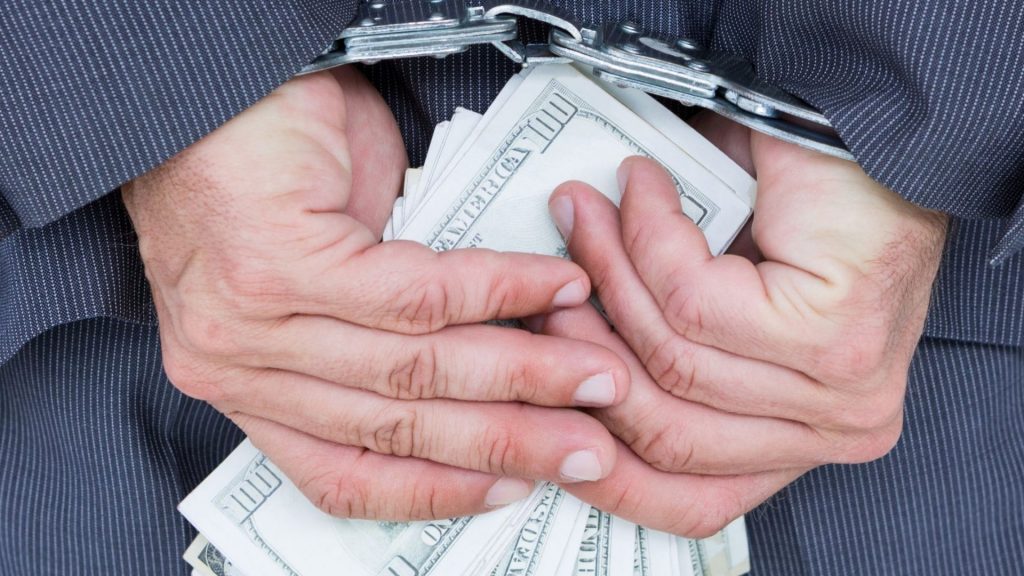What are the money laundering consequences? It is quite clear that money laundering and terrorist financing are detrimental to a country. In fact, there are many negative risks and effects from money laundering, and governments are well-advised to take action against it to protect their economies, businesses, and societies. We will look at each of these areas individually.
Money Laundering Consequences
Money laundering is regarded as essential to the efficient operation of transnational and organized crime. Money laundering, on the other hand, has an impact on a country’s economy, government, and social well-being. Below are the money laundering consequences:

Economic Consequences
Let us start looking at the economic consequences. Now, first of all, money launderers like to conduct their operations in growing economies. This is because the governments of these countries are usually so busy dealing with handling all the growing industries, businesses, etc., that they oftentimes make fighting money laundering a lower priority. But let’s not sugar-coat it. It’s a deficiency and a weakness. This weakness is exploited by money launderers for criminal purposes, and they move their networks and operations to these countries.
In turn, this will then have a negative effect on the integrity of these economies, including the financial sector. Foreign investments and foreign businesses will turn very carefully and eventually even reject setting up their businesses in these economies, and investment funds will be funneled elsewhere. Once money launderers have infiltrated an economy and the economy has a reputation for having only lax money laundering controls in place, it will be very hard to create a business-friendly environment.
Money laundering can also cause unpredictable changes in money demand as well as great volatility in international capital flows and prices. To understand this, you have to look no further than at the real estate sector. Let’s consider London real estate. Data shows London’s property boom is a money laundering horror and that criminals are laundering billions in London real estate. This is not limited to London but happens in all metropolitan areas around the world from Rio, to New York, to Tokyo. Criminals love luxury real estate, and governments around the world are scrambling to find ways to stop them from scooping up addresses in their most renowned cities.
Business Consequences
Let’s continue looking at business consequences. Money laundering impairs the development of the legitimate private sector. Money launderers have different business economies and can offer their products below production costs. It sounds ridiculous, but they don’t have to make a profit with their products and earn a margin. Their primary goal is to launder the funds as they have already made a cut with criminal activity. This makes it very difficult for legitimate activities to compete, eventually forcing them to go out of business.
Criminals may also purchase businesses, which were initially productive, and turn them into partners in crime to launder their funds. This leads to a decrease in the productivity of these businesses and, at scale, to a decrease in the overall productivity of the economy.
Social Consequences
Last but not least, let’s look at social consequences. Money laundering basically rewards corruption and crime. Successful money laundering damages the integrity of the entire society and undermines democracy and the rule of law.
If money laundering is not dealt with effectively, there will be negative social and political effects. Organized crime can infiltrate financial institutions, acquire control of large sectors of the economy through investment, or offer bribes to public officials and entire governments. The economic and political influence of criminal organizations can weaken the social fabric, collective ethical standards, and ultimately the democratic institutions of society.
Generally speaking, money laundering enables criminal activities, including terrorist financing, to continue.
Final Thoughts
Money laundering is a criminal’s method of ensuring that, in the end, crime pays. It is required because criminals whether they are drug traffickers, organized criminals, terrorists, or arms traffickers must be prosecuted. Blackmailers, also known as credit card swindlers, conceal the source of their criminal funds in order to avoid detection and prosecution when they use them. Money laundering is essential to the successful operation of virtually all forms of transnational and organized crime. Anti-money-laundering efforts, which aim to prevent or limit criminals’ ability to use their ill-gotten gains, are an important and effective component of anti-crime programs.








